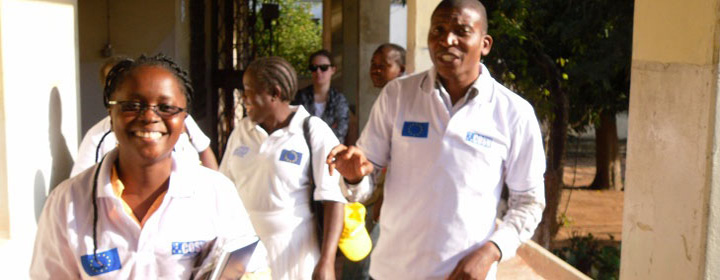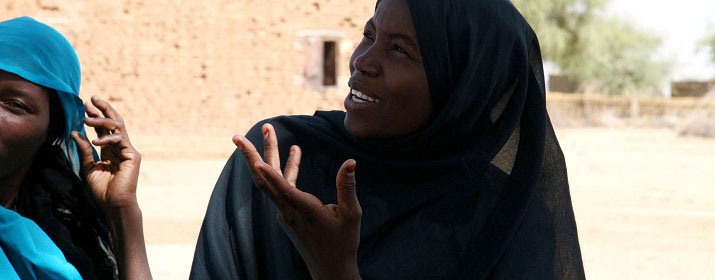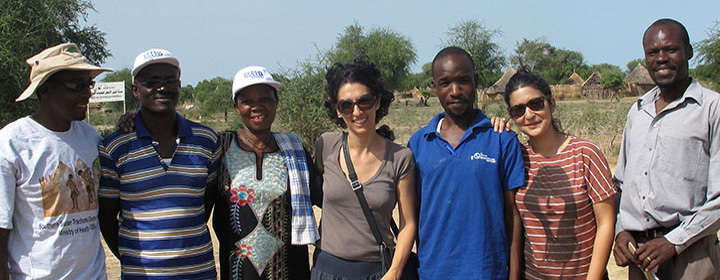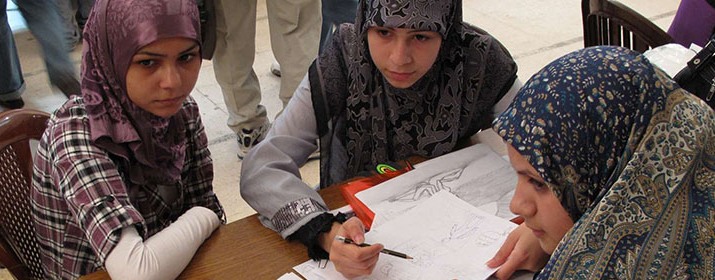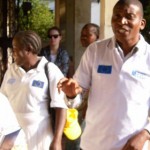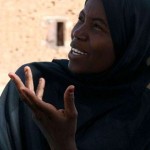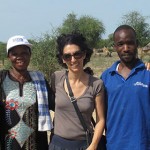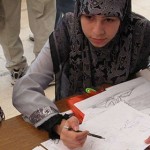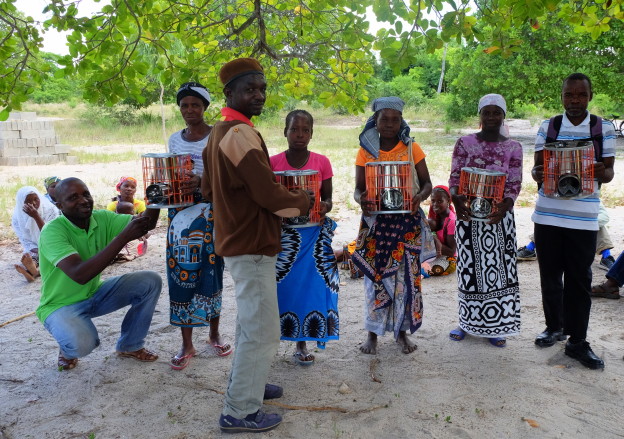“Strengthening Financial Sustainability and Biodiversity in the National Reserve of Gilé” is a three-year project that takes place in Mozambique, in the peripheral areas of Gilé National Reserve, aiming at guaranteeing economical and environmental sustainability in the area.
To obtain these results, is essential that communities are able to keep living in the area, without being excluded from market opportunities, by benefiting from resources and becoming – at the same time – their guarantors. With this purpose, we act to enrich and optimize a management plan – already set with a previous intervention – able to balance biodiversity conservation objectives (anthropic pressure reduction) with community development needs (ecotourism, infrastructures, agricultural techniques…).
Within this framework, there is CarbonSink Intervention.
CarbonSink – our partner since 2016 – is a company that specialized in the development of mitigation strategies for climate change. They contribute to plan and coordinate the distribution of 4.000 “improved stoves”. Last May 23th, we met Antonio Guiso, responsible for LCA and Carbon Footprinting and manager for carbon component on our project.
With what interest did CarbonSink take part in project activities?
We aim at creating a local market for the “improved stoves” in Gilé rural area and in the urban areas of Pebane, Gilé and, we hope, Quelimane. To create a local market, means not only introducing this innovative tool – fed by biomasses – but also teaching to the inhabitants to use it and produce it, by ensuring that project activities will be auto-sustained over the time. Our scope is to leave something to the population that we work with, by making them autonomous to continue their path of sustainable development.
How was project strategy designed? In which way has local community been involved?
To define activities baseline, we’ve measured wood and carbon consumption in the intervention areas, by paying attention to cultural and cooking customs of the families. We’ve developed an app for tablet, that has been used directly by Mozambicans youth to make interviews and to do experiments. Then, to obtain further data, we’ve chosen “sample-families” with which we’ve measured wood consumption for a three-day period. We’ve started the delivery of the “improved stoves” and the production and usage trainings. In the project, have been involved: municipalities, local communities’ representatives and the committees of representation of Mozambicans women (heaters end-users). The last march, 1st, during a local stakeholders meeting, there’s been a demonstration, during which we’ve asked women to cook a typical dish by using our heaters: they were even faster than us to light the fire!
Impact and benefits?
The spread of the “improved stoves” has positive insights in matter of environmental and economical sustainability. There are some interesting effects like the improvement of population health conditions (due to the reduction in toxic fumes emission) and reforestation. Obviously, the impact will be stronger and faster in the rural areas, while in the urban ones – more extended and crowded – we cannot expect to obtain immediate results. In these contexts, we’ve decided to work with small local realities, by training in heaters production, by laying the foundations for the born of a market: with the reduction in carbon consumption, in fact, who uses our “improved stoves” will notice also an economic saving, being more motivated in producing/buying them.
CarbonSink is a private company: how does the partnership with no-profit sector begin? What was the role played in this project?
The collaboration with an NGO can generate economic value for a private company, thanks to the possibility of entering in new Countries or growing in the ones in which it was already active. At the same time, a private company, with its investments, can contribute to economic sustainability of cooperation projects. In particular, CarbonSink spoke on this project with the tool of “payment for ecosystem services” that allows to translate “non-market” environmental values in financial incentives for local actors that, through good practices, can promote biodiversity and natural capital safeguard (National Reserve of Gilé).

